What Affects The Price Of Douglas Laing Whisky
Selling Douglas Laing whisky can seem like a daunting prospect. After all, there are so many ways that you can sell whisky. But which way is the most effective? And, how can you get the best price for your whisky? Well, that is where we come in.
At Mark Littler Ltd we can help you to sell your Douglas Laing whisky quickly, stress-free, and for the best price. We make selling whisky online easy with Mark Littler Ltd.
How We Can Help You Sell Your Whisky
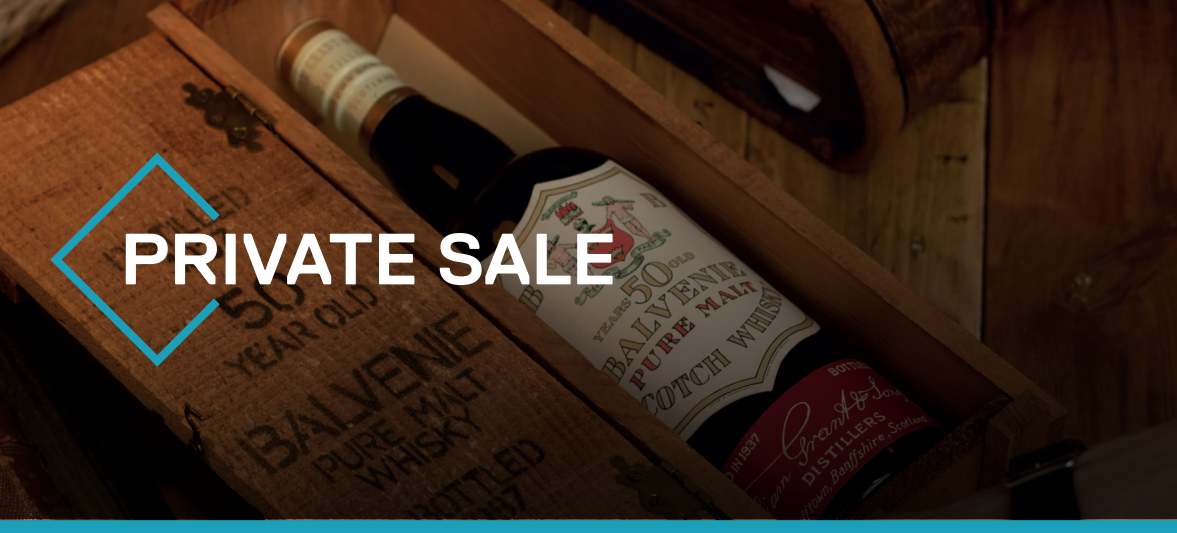
Our brokerage service is a simple, stress-free way to sell your bottles of whisky. We will broker the sale between you and one of our buyers. For this service, we charge a 10% commission (inc. VAT) of the final sale price of the item. This avenue is fast and simple. We will take care of everything for you.
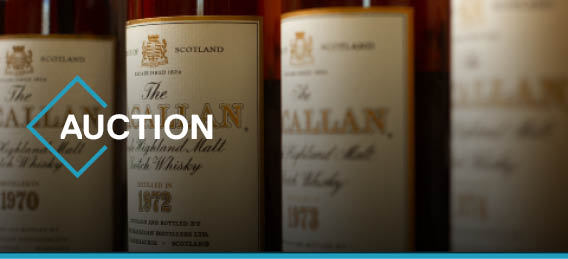
Alternatively we can help you sell your bottles through auction. With clost to 30,000 bottles being sold at auction every month you have to be sure that your bottles are being sold in the right auction to achieve the highest price. There is no charge for our assistance selling at auction
Simply fill in the contact form below to see what offers we are able to obtain for your bottles. We will contact you within 7 days if we have any offers. By filling in the form below you will automatically be connected with a specialist auctioneer who will be able to value your whisky and offer their assistance in selling.
Free Specialist Whisky Valuations
Please use the form below to submit images of your bottle and receive a free, no-obligation valuation from a specialist auctioneer. We will also actively seek the highest offer from our network of private collectors for you.
"*" indicates required fields
What Our Customers Say
What To Look For
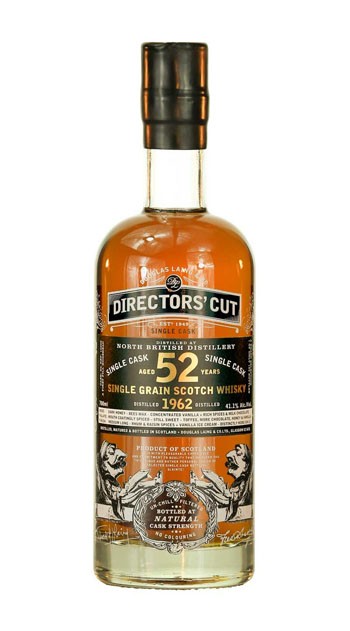
The Rarest Collection
Bottled at natural cask strength, these collections are selected from the company’s most coveted reserves. The Rarest Macallan 1969, the series’ second release, is presented in an engraved crystal decanter, finished with hand-cut, hallmarked silver. Aged in sherry casks for 48 years, the decanters are presented in an elegant oak display case with two crystal tasting glasses. Only 25 bottles were released.
A bottle of cask strength, Douglas Laing 30-year-old Brora 1972, also known as The Brorageddon, was recently sold for £5,500. It was a 75cl bottle with a proof of 50.8%, it was one of only 201 bottles in this collection.
XOP Platinum Series
Released in 2018, their platinum series were released to commemorate the company’s 70-year anniversary; one cask was released in each quarter. The firm’s father and daughter duo Fred and Cara Laing selected each of the four Single Casks.
The bottles are presented in a hinged moleskin box with each individual label and accompanying certificate, which have been hand-signed and individually numbered by both Fred and Cara. The collection included a25-year-old Ardbeg, a 40-year-old Port Dundas, a 25-year-old Glen Garioch and a 1982 Port Ellen Vintage.
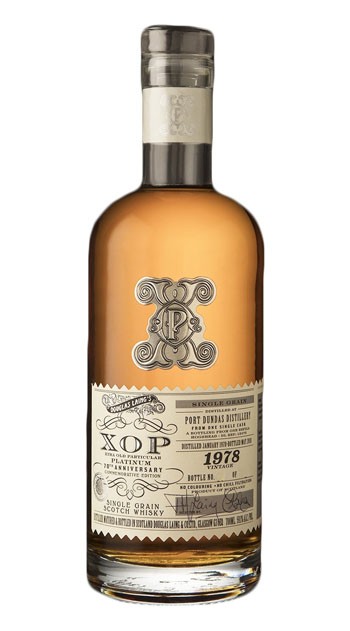
The Six Factors That Affect The Price Of Douglas Laing Whisky
There are six factors that will affect the price of your bottle of Douglas Laing. These are the age of the whisky, the bottling date, the vintage, whether it is a single cask edition, the level of the whisky and the condition of the label and box.
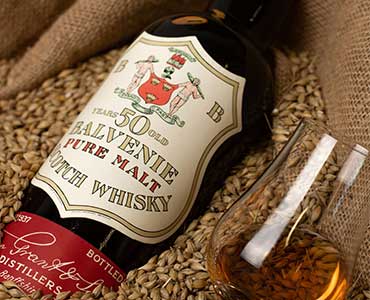
Age of whisky
This refers to the number of years the whisky has spent maturing in the cask, not how long it has been in the bottle. The age is indicated on the label and can vary from 3 to well over 30 years old.
Most collectible bottles are over 10 years old and value usually increases with the age of the whisky. Whisky over 30 years old is the most sought after as it is the rarest.
Any whisky bottled at over 50 years old is highly desirable and a very limited number of distilleries have released whisky over 50 years old.
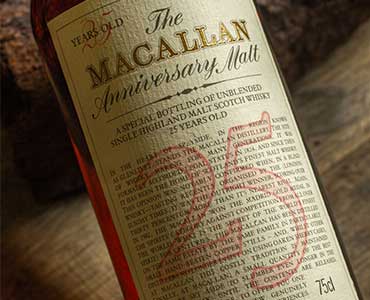
Bottling date
This relates to when the whisky was bottled. As bottles from a specific year are consumed, the remaining bottles become rarer, so even a ‘standard’ malt released in the 1980’s can become sought after.
If vintage is not stated bottle volume can be an indicator of bottling era. Bottles from the 1970s and earlier use fluid ounces (FL.OZ). In the 1980s standard bottles size was 75cl and in 1991 the standard size (in the EU) changed to 70cl. Note that standard bottle size is still 75cl in the USA, and other bottle sizes are occasionally used, in which case you will have to use other indicators.
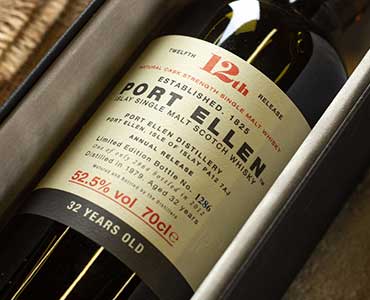
Distillation year
The distillation year might also be described as the bottle vintage, and refers to the specific year in which the whisky was distilled (made). It is one of the most important factors that can impact the price of your collectible whisky.
In general, the earlier the distillation year the more collectible your bottle of whisky. Bottles from the first half of the 20th century are highly valued by collectors and fetch a premium. That being said, the bottler is also important, and so two whiskies distilled in the same year, at the same distillery, but bottled by different bottlers will vary in value.
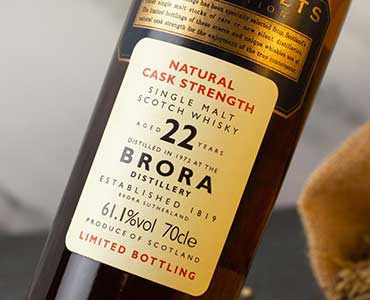
Label & packaging
The label on a bottle of collectible whisky is very important and should be in pristine condition to fetch the highest value. If the label is damaged in any way, such as scratching, blemishing, pealing or mould, then this will have a negative impact on the value.
The box condition is almost as important as the label condition, and the correct box is very important to collectors. A bottle with a damaged or marked box will be worth less, and a bottle without its original box could be worth up to 30% less.
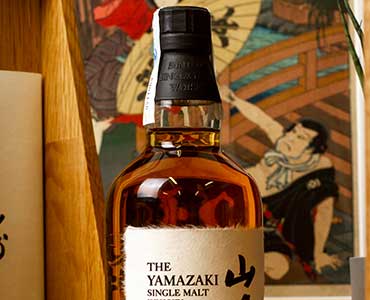
Level
The level of the whisky has a large impact on the value. On almost all bottles it should be well into the neck, a level in the lower half of the neck is worth less and levels into the shoulder will significantly impact the value.
Older bottles are more prone to a drop in level as the bottles were not intended for storage. A drop in level implicates the long term storage prospects for any collector but as alcohol is more volatile than water it is the alcohol that will evaporate first, which impacts the flavour.
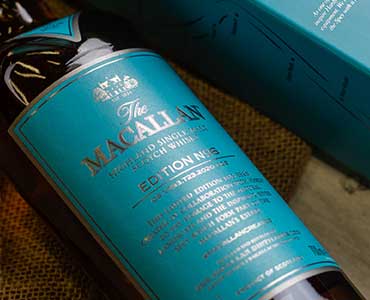
Single Cask Bottlings
Single cask bottlings are generally more sought after, as by default they are unique and usually of a significantly limited edition. Look out for numbers on your bottle like XXX/250, with the second number generally being less than 500, which would indicate a single cask edition.
Longer edition numbers such as XXX/5000 are often also collectible. These longer numbers usually indicate that the release is a vatting of a number of casks.
How We Can Help Sell Your Douglas Laing Whisky
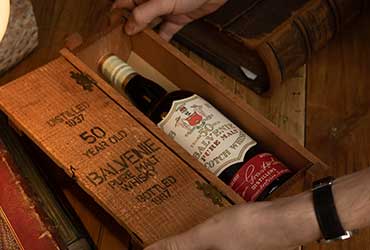
Private Sale
Our brokerage service is a simple, stress-free way to sell whisky. We will broker the sale between you and one of our buyers. For this service, we charge a 10% commission (inc. VAT) of the final sale price of the item. This avenue is fast and simple. We will take care of everything for you.
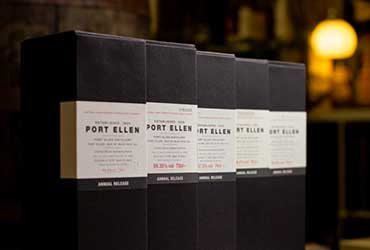
Auction
At Mark Littler Ltd we can also help you to sell whisky via auction. We have teamed up with the country’s leading online whisky auctions to help you to sell whisky at auction without the hassle. This is a great option for lower-value bottles, or if you do not mind taking some risks.
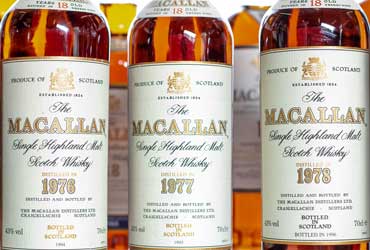
Shop
The final option is selling your whisky through our one-of-a-kind online shop. On our shop, we broker the sale of high-value bottles for our customers. Your bottle will sit amongst rare and expensive whisky and our advertising campaigns aim to draw the eye of whisky collectors everywhere.
What Is Your Bottle Worth?
Please use the form below to submit images of your bottle and receive a free, no-obligation valuation from a specialist auctioneer. We will also actively seek the highest offer from our network of private collectors for you.
"*" indicates required fields
The History Of Douglas Laing
Douglas Laing is one of very few whisky companies in Scotland that is still family-run; it was founded by Fred Douglas Laing in 1948. After serving in the RAF during WWII, FDL, as he was known within the whisky industry, worked alongside a friend from America to develop two different blends of scotch and sold them throughout Europe and the USA. Shortly after that experience, he took on the sole ownership of the company and promoted McGibbon’s Special Reserve and The King of Scots blends, which remain two of the most important releases from the company.
From 1949 onwards, FDL established filling programmes often on a simple handshake, with as many of the big distilleries as he could. Many of these are still in place to this day and form the backbone of the company and have helped to protect their crucial brands like The King of Scots. In 1950, Fred Hamilton Laing, FDL’s son, was born; he became known as FHL.
In 1967, FHL was taken out of school by his father, to go on two business trips around South and Central America. By 1968 FHL had joined Whyte and Mackay as an apprentice, working in various departments. Through his work with White Horse Distillers and Gardiner Ferrier, he deepened his blending skills.
He then joined up with his brother and father at Douglas Laing in 1972. Following the death of FDL in 1982, there was a company-wide shift towards bottling single malts in the UK, rather than exporting blends. It remained under the oversight of Stewart and Fred Laing until 2013 when they split the assets and Stewart moved on, leaving the day-to-day running of the company to Fred Jnr. and daughter Cara.

Send us details about your bottle directly via email or use the form below.

We contact our international network of customers for the best offers.

If you decide to proceed with an offer we issue you with a contract.

Send us your bottle. We have a fully insured courier service available.

We complete the sale with the buyer and send your funds via BACS.



